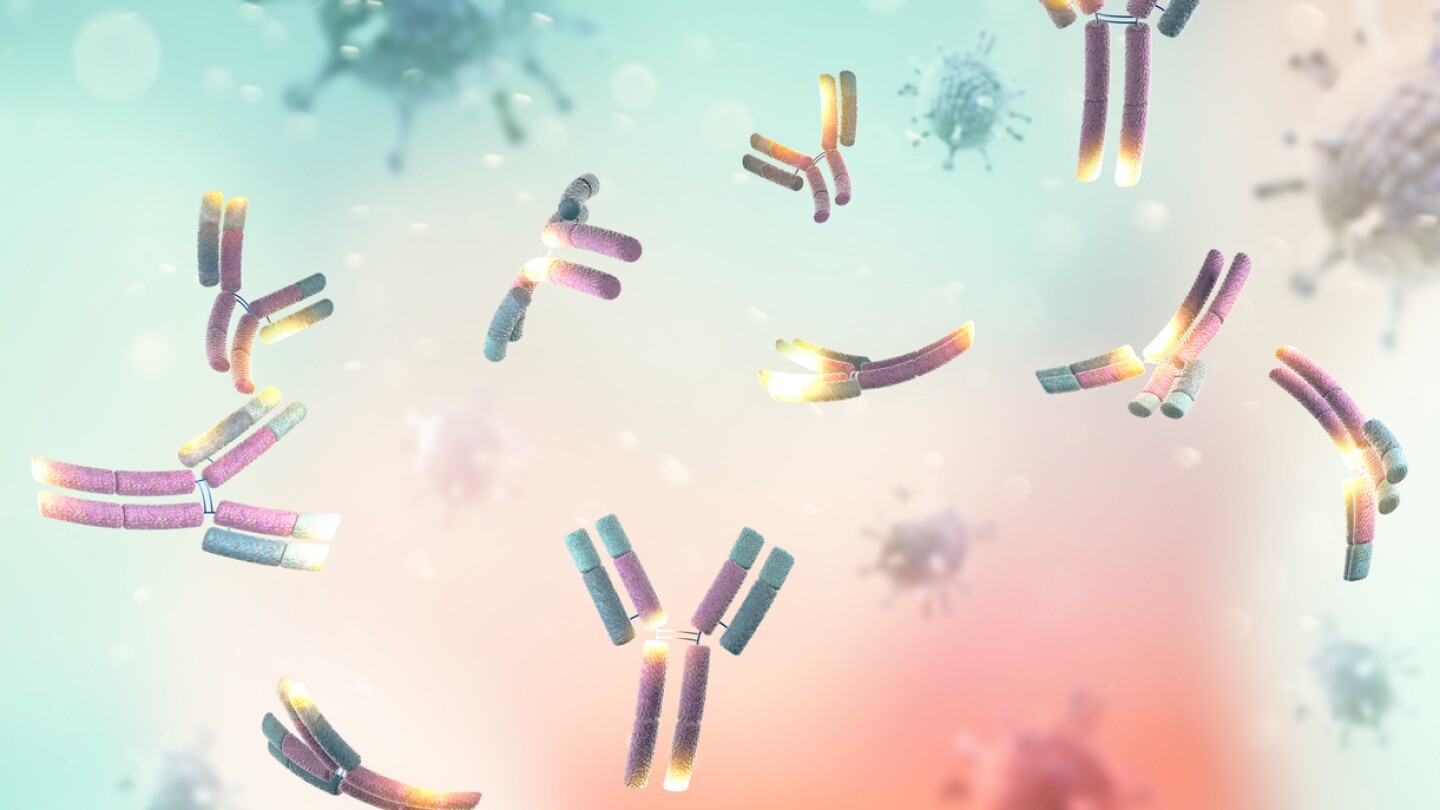Phase III
Keytruda is set to lose exclusivity in 2028, meaning Summit may face competition from cheaper biosimilars. Meanwhile, other branded drugmakers are also seeking to improve on the blockbuster checkpoint inhibitor.
The drug, a small molecule protein inhibitor, brought in $132 million in the first quarter, missing consensus estimates by 17%.
Pfizer’s sasanlimab, when used with standard of care, reduced the likelihood of disease recurrence or progression, death due to any cause or persistence of cancer cells by 32% in patients with high-risk non-muscle invasive bladder cancer.
Analysts at BMO Capital Markets expect Summit and Akeso’s HARMONi-6 readout to put some pressure on Merck and its blockbuster biologic Keytruda.
Cobenfy’s late-stage flop is BMS’ second high-profile failure in as many weeks. The pharma announced last week that Camzyos was unable to improve disease burden in non-obstructive hypertrophic cardiomyopathy.
Combining Trodelvy with Keytruda and pushing it into the frontline setting could “potentially double” the ADC’s market in metastatic triple-negative breast cancer, according to analysts at Truist Securities.
Eli Lilly’s shares shot up 11% pre-market on Thursday after orforglipron became the first small-molecule GLP-1 drug to ace a late-stage study in type 2 diabetes, eliciting significant reductions in body weight and improvements in glucose control.
According to analysts at BMO Capital Markets, non-obstructive hypertrophic cardiomyopathy would have meant a $1.3 billion label expansion opportunity for Camzyos.
Jefferies analysts predict Annexon’s tanruprubart could be approved by mid-2026.
Leerink analysts noted, however, that Uplizna’s slow onset of therapeutic efficacy compares unfavorably to would-be competitors in generalized myasthenia gravis.
PRESS RELEASES










